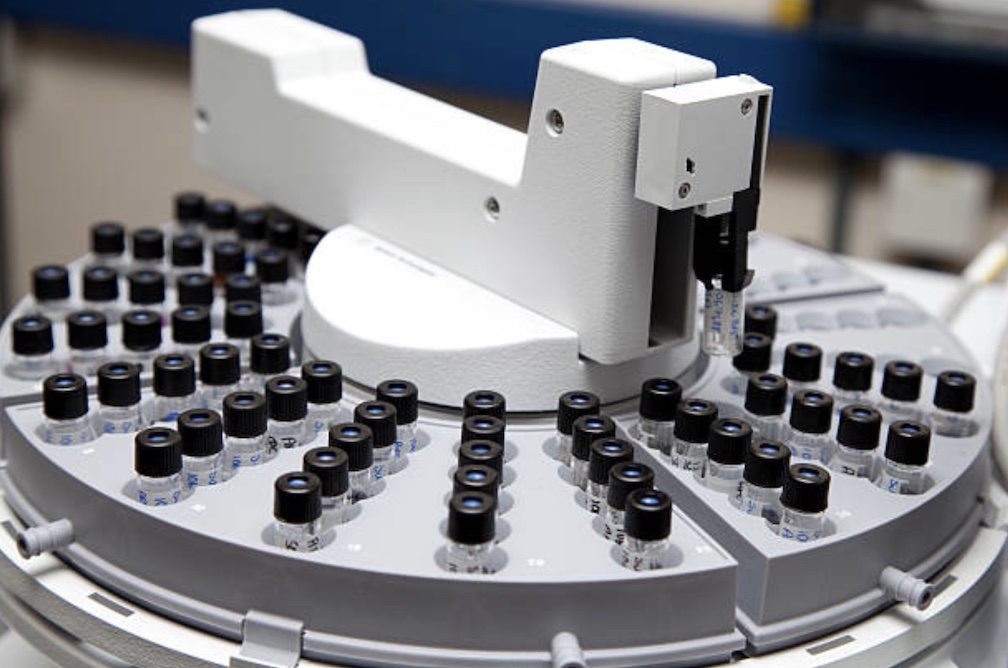Unleash the Full Potential of HPLC Column Technology
- Written by Business Daily Media

High-performance liquid chromatography (HPLC) columns are complex and fascinating components of HPLC separations that are critical to the accurate analysis and purification of compounds. These columns possess a remarkable ability to separate and detect sample components by providing different levels of interaction between the stationary phase and analyte. This allows for the separation of complex mixtures with high resolution and sensitivity. In this introduction, we will delve into the basics of HPLC columns, including stationary phase chemistries, pore sizes, and particle sizes, exploring the intricacies of these remarkable components.
Definition of HPLC Column
A High-Performance Liquid Chromatography (HPLC) column is a tube filled with a stationary phase material that separates components of a liquid sample as it passes through the column. The stationary phase material may be made of various materials such as silica, polymer, or metal, and is packed into the column in a way that maximizes the surface area available for interaction with the sample. As the liquid sample flows through the column, different components interact with the stationary phase material in different ways, causing them to separate from each other based on their physical and chemical properties. The separated components can then be detected and analyzed, providing information about the composition and concentration of the sample. An HPLC column is widely used in analytical chemistry, biochemistry, pharmaceuticals, food science, and other fields for the separation and analysis of complex mixtures.
Advantages of Using an HPLC Column
There are several advantages of using an HPLC column for the separation and analysis of compounds, including:
- High Resolution: HPLC columns have a high resolution and can separate complex mixtures into individual components with high accuracy.- Wide Applicability: HPLC columns can be used for a wide range of applications, from small molecules to large proteins, making it a versatile tool for analysis.
- Sensitivity: HPLC columns can detect even trace amounts of compounds with high sensitivity, making it a valuable tool for qualitative and quantitative analysis.
- Reproducibility: HPLC columns are highly reproducible, ensuring that results are consistent across multiple runs and experiments.
- Speed: HPLC columns can achieve separation and analysis of compounds quickly, allowing for high throughput analysis and faster results.
- Automation: HPLC columns can be easily automated, allowing for unattended operation and increased productivity.
- Durability: HPLC columns are typically made of high-quality materials that can withstand high pressures and harsh chemical conditions, making them durable and long-lasting.
Overall, the use of an HPLC column can provide accurate, sensitive, and reproducible results, making it an indispensable tool for the separation and analysis of compounds in a wide range of applications.
Conclusion
High-performance liquid chromatography (HPLC) is a widely used analytical technique for the separation and quantification of complex mixtures. The success of an HPLC analysis largely depends on the quality of the HPLC column, which is the heart of the HPLC system.
An HPLC column is an essential component of an HPLC system that separates and purifies complex mixtures by utilizing various stationary and mobile phases. The choice of HPLC column depends on the analyte properties, such as size, polarity, and hydrophobicity. The performance of an HPLC column can be affected by various factors, including particle size, pore size, and column length.







